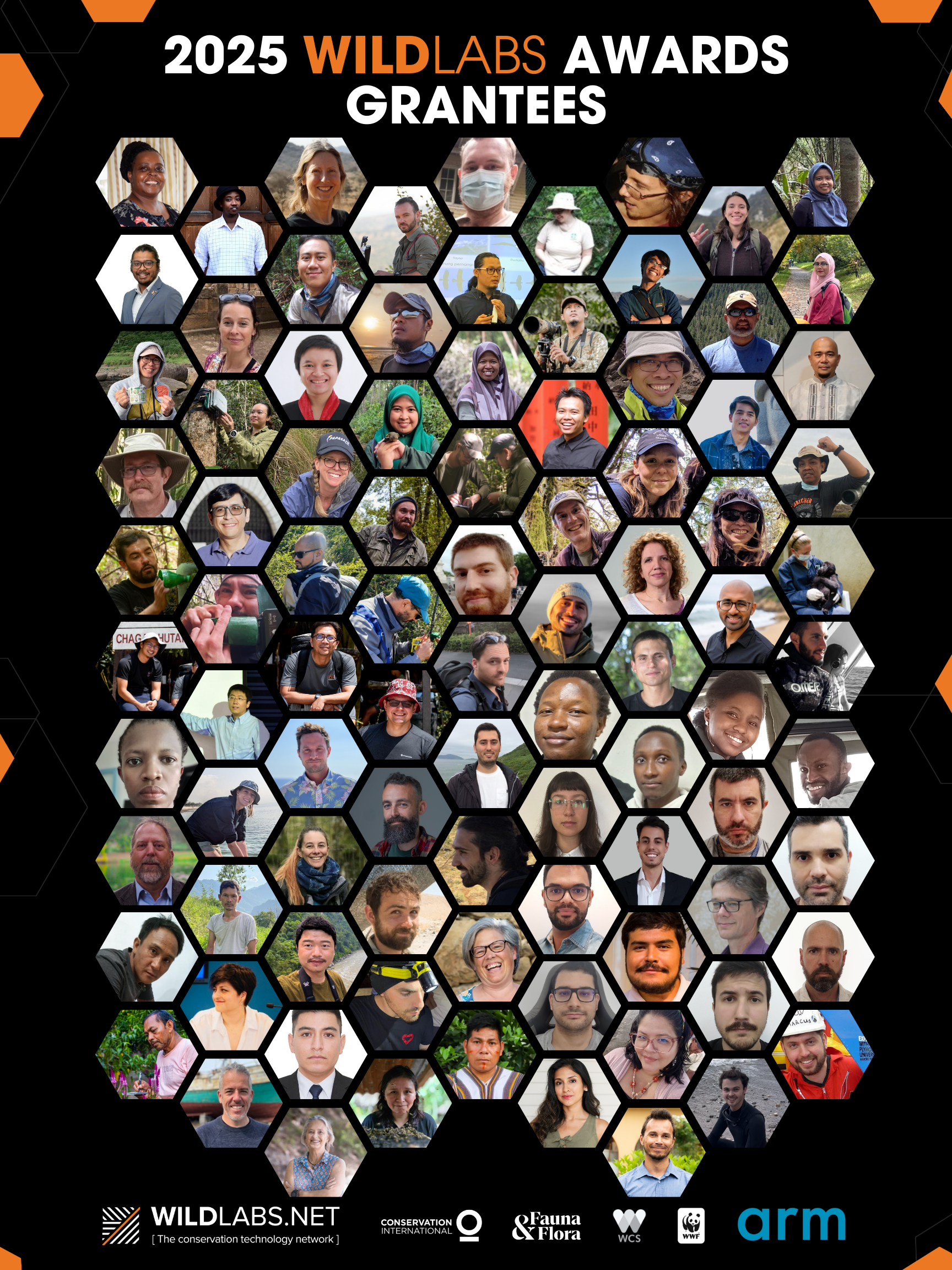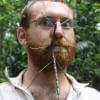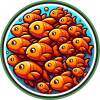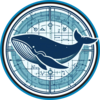After 12 weeks of thorough application review and thoughtful deliberation, we are delighted to officially announce the winners of the WILDLABS Awards 2025.
Now in its second year, the WILDLABS Awards continue to showcase the extraordinary innovation and dedication within the global conservation technology community. This year, we were inspired by the remarkable range and quality of submissions. The ingenuity, passion, and real-world impact demonstrated by applicants reaffirm the importance of investing in conservation technology and empower us to pursue additional funding to support even more groundbreaking work in the years to come.
We received 251 applications for this year’s 2025 Awards, an increase of 60 from last year, which underscores the growing demand for funding specifically tailored to conservation tech initiatives. Each submission was carefully evaluated against our rigorous selection criteria. Final shortlists were shared with our partners at Arm and subsequently reviewed by our expert judging panel.
With the review process now complete and contracts finalized, we are proud to introduce the winners of the 2025 WILDLABS Awards!
Over the coming days, we’ll be publishing dedicated discussion threads for each winning project. These spaces will give WILDLABS members the opportunity to learn more, engage directly with the teams, and explore the potential for future collaboration.

Meet the Winners
$10k Awardees
Open-Source Solutions for Amphibian Monitoring: Adapting Autonomous Recording Devices (ARDs) and AI-Based Detection in Patagonia (@boninom, @VMRocchi, @Enrique_Lozano, @mdenham, @marianbasti, @javierareta, @cpozzi, Juliana Nielsen, @Anabellacarp)
Project: Improve open-source Autonomous Recording Devices (ARDs) and AI tools to automate the detection of Rhinoderma darwinii in Patagonia, corroborating its presence in historical localities, identifying new occurrences, and supporting further amphibian conservation research.
Location: Argentina & Chile
Open-Access AI for Marine Mammal Acoustic Detection (@Omerss, @mosheman5)
Project: Create an accessible online platform to empower researchers and agencies to analyse acoustic data for conservation through real-time detection and classification of marine mammals from sound recordings.
Location: Global
Utilizing Radio Tomographic Imaging Technology to Non-Invasively Observe and Analyze Turtle Hatching Behaviour in Natural Nests (@nroselnik, @yang, @Dmitry_Kishkinev, Uzair Rusli, Mei Xin Leu)
Project: Non-invasively monitor sea turtle hatching and movement in natural nests using radio tomographic imaging.
Location: Malaysia
ConservaCam (@kaburia , @Angela_Waithera , @Bernard , @StephenMaina )
Project: Monitor wildlife populations to track mortality and growth rates in Nairobi National park while safeguarding critically endangered rhinos by detecting intruders, alerting authorities in real time, and mitigating poaching to ensure long-term conservation and species survival.
Location: Kenya
Using Deep-Water Stereo-BRUVS for Identifying Critical Shark Habitats (@CJThouless , @KMetcalfe , @KMetcalfe , @harryfw , @Dkaran )
Project: Adapt deep-water stereo-BRUVS to assess Kenya’s depleted shark populations, identify critical habitats, and generate geospatial visualizations, providing essential data to inform conservation policies and advance technology-driven marine conservation efforts.
Location: Kenya
Smart Drone to Tag Whales (@machadoams, @anakfleck, @felipeccalegari, @gabriel.macedo, @GeorgiyT, @iagosilvestre, @LBecker, @leandro.medeiros, @leowilliamh, @maiquelb, @matheus.pinto)
Project: Build an AI-powered drone with open-source cutting-edge technology to deploy biologging tags to assess how whales respond to anthropogenic noise.
Location: Brazil
Lesser noctule (Nyctalus leisleri): The Migration of Bats from the South of Europe to the North Through Miniaturised GPS tags (@Lucy.delahuerta, @Adria_Lopez_Baucells, @DavidLoBo, @MariaMN, @edwardhurme, @Batichica)
Project: Study the migratory routes of the lesser noctule (N. leisleri) from the Mediterranean to the North of Europe using pioneering technology (SigFox-GPS miniaturised tags).
Location: Spain
Assessing Critical Habitats Using Environmental DNA to Conserve the World’s Rarest Heron (@Pema)
Project: Employ environmental DNA (eDNA) to assess the habitat suitability of the critically endangered White-bellied Heron (WBH) in Bhutan.
Location: Bhutan
Safeguarding Amazonian Stingless Bees (@rosavespinoza)
Project: Integrate GPS mapping, AI-powered analysis, and indigenous knowledge to document the distribution of Amazonian stingless bees, assess habitat threats, and empower conservation strategies to ensure the protection of this vital pollinator species and the ecosystems they sustain.
Location: Peru
Pioneering Acoustic Tags for Mysterious Hebridean Giants (@TomKnowles, @mjw205, @M)
Project: Develop an animal-borne marine acoustic recording tag, which builds from a field-tested buoy, capable of recording underwater sounds, performing in-situ processing and near real-time satellite transmission of acoustic data, enabling unprecedented insights into animal behaviour and threats.
Location: United Kingdom
$50k Awardees
Automatization of a Contact-Free Saliva Sampler for Wildlife Conservation (@mmcamar, @DeepakSathyanarayan, @dzimmerman)
Project: Further develop a prototype device that will autonomously collect saliva samples from wildlife species in remote habitats, enabling landscape-level sample collection for testing (e.g., disease, genetics) without the need for capture of the animal or human presence for sampling..
Location: Brazil, USA
Trapper Keeper (@kbubnicki, @Kamalama997, @icorei, @rebeccazug, @bluevalhalla, @marynguyen, @mclapham, @tkswanson, @russvanhorn, @driofrio)
Project: Continue work on Trapper Keeper, an open-source, AI-powered infrastructure for scalable camera trap data management, enabling automated species recognition, streamlined workflows, and energy-efficient hardware solutions to support conservationists, researchers, and local communities in biodiversity monitoring.
Location: Canada, Ecuador, Poland, USA, Venezuela
Ambiance: An Open-Source, Solar-Powered Automatic Playback Speaker for Mitigating Human-Wildlife Conflict in Multiuse Landscapes in Laikipia, Kenya (@mbkowalski11, @mattShungoh)
Project: Deploy Ambiance, an open-source, solar-powered automatic playback speaker around small farms and livestock corrals in Laikipia, Kenya to evaluate their ability to mitigate human-wildlife conflict in rural communities, as well as develop in-country technical capacity and assembly processes.
Location: Kenya
A Mass Manufacturable Mothbox (@briannajohns, @hikinghack, @Hubertszcz, @wellreadpanda, @alex_rogers, @mothyash)
Project: Design a version of the Mothbox, an open science tool for biodiversity research, that can be rapidly manufactured to scale its use across the globe.
Location: Costa Rica, Ecuador, Indonesia, Panama, Peru, UK, USA
East Asian Flyway Acoustics Project: Harnessing emerging technologies to monitor migratory birds (@djc426)
Project: Build an acoustic monitoring network for migratory birds in the East Asian-Australasian Flyway, with an emphasis on methods development and local community engagement.
Location: Cambodia, Indonesia, Malaysia, The Philippines, Taiwan
Looking ahead
The continued success of the WILDLABS Awards programme would not be possible without the invaluable support of our partners at Arm. Beyond providing the core funding for this initiative, Arm played an integral role in the evaluation of applications, and their engineering team will be working directly with the 15 grantees to support the development and implementation of their projects. We extend our sincere thanks to Arm for their ongoing commitment to the growth of this programme and, by extension, to the advancement of the conservation technology sector as a whole.
We're thrilled to announce that Arm and WILDLABS will be partnering once again for another round of Awards in 2026. Similar to this year, we are aiming to further expand the reach and impact of the programme—so if you're interested in getting involved or supporting this initiative, we'd love to hear from you!
We look forward to building on this momentum and to continuing to support a global community of adopters, scalers and innovators working at the intersection of technology and conservation.
- The WILDLABS team
20 May 2025 9:26pm
I am grateful to be involved with Trapper Keeper, one of the projects awarded by WILDLABS. I am proud to be associated with all the amazing projects awarded in 2025! I am excited to deliver our project with colleagues from the BearID Project as well as partners from Open Science Conservation Fund, San Diego Zoo Wildlife Alliance, and Universidad San Francisco de Quito!
22 May 2025 10:00am
Hooray! Looking forward to another great year of mothing thanks to you all!
Adrien Pajot
WILDLABS
Fauna & Flora
26 May 2025 5:25pm
Please, meet the Ambiance team and discuss with them here:

Jonathan Carlo Briones
University of Rizal System
1 August 2025 10:46am
Hoping for a good run for the next call for proposals! Congrats for everyone who got approved!












Ed Miller
BearID Project
Arm